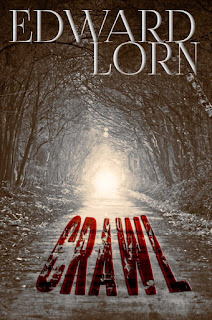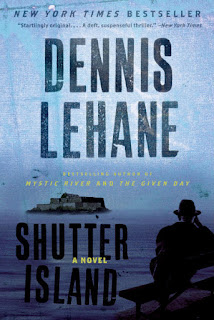"Sometimes it's a dog-eat-dog world and the rest of the time it's the other way around."This year I've realized that I'm not that big of a fan of standard detective series. They get too repetitive and frankly boring after a while. It nearly broke my heart when I realized that I was starting to feel the same way about this book in Lawrence Block's Scudder series, arguably the top of the detective pack. As I read, I started to notice the formula and the trends. Once again, Scudder has to explain that he's not an official private detective, once again Scudder "struggles" with what to charge people for his services, even though he always seems to settle on the same price (somewhere between $2-3K), and once again Scudder has a moment where he's unsatisfied with his work and considers giving the client a refund, even though he's never actually gone through with it yet. I guess it's designed for the casual reader that might jump into the series at anytime, but for me it becomes a slog reading the same shit over and over. At least in this book we were spared him having to explain why he's not a cop anymore; I'm a little tired of hearing that story too.
This time around Scudder takes on two cases that somehow end up connected, determining whether or not a TV producer was responsible for the rape and murder of his wife, as well as tracking down the masked sex killers in a grisly smut film he stumbles onto in the middle of watching a VHS rental of The Dirty Dozen. This novel's plot developments were based on so many coincidences that the plotting seemed a bit lazy this time around. But even with these issues that I personally had and the fact that this book lacks the emotional weight of Eight Million Ways to Die, the freshness of When The Sacred Ginmill Closes, or the urgent danger of A Ticket to the Boneyard, it's still as thoughtful, readable, and well-written as any of the other novels in Block's Scudder series, with some cool characters and nasty villains.
"We are closer than close, you and I. We are brothers in blood and semen."So although it suffers from the usual stale repetitiveness as other later novels in most mystery series, it's still a Block novel so it's still one of the better detective books out there. If you're going to read a repetitive detective series, this should be the one you read.
"Well it's a hell of a story," he said. "And I guess you could say it has a happy ending, because you didn't drink and you aren't going to jail."
GRADE: B-






























